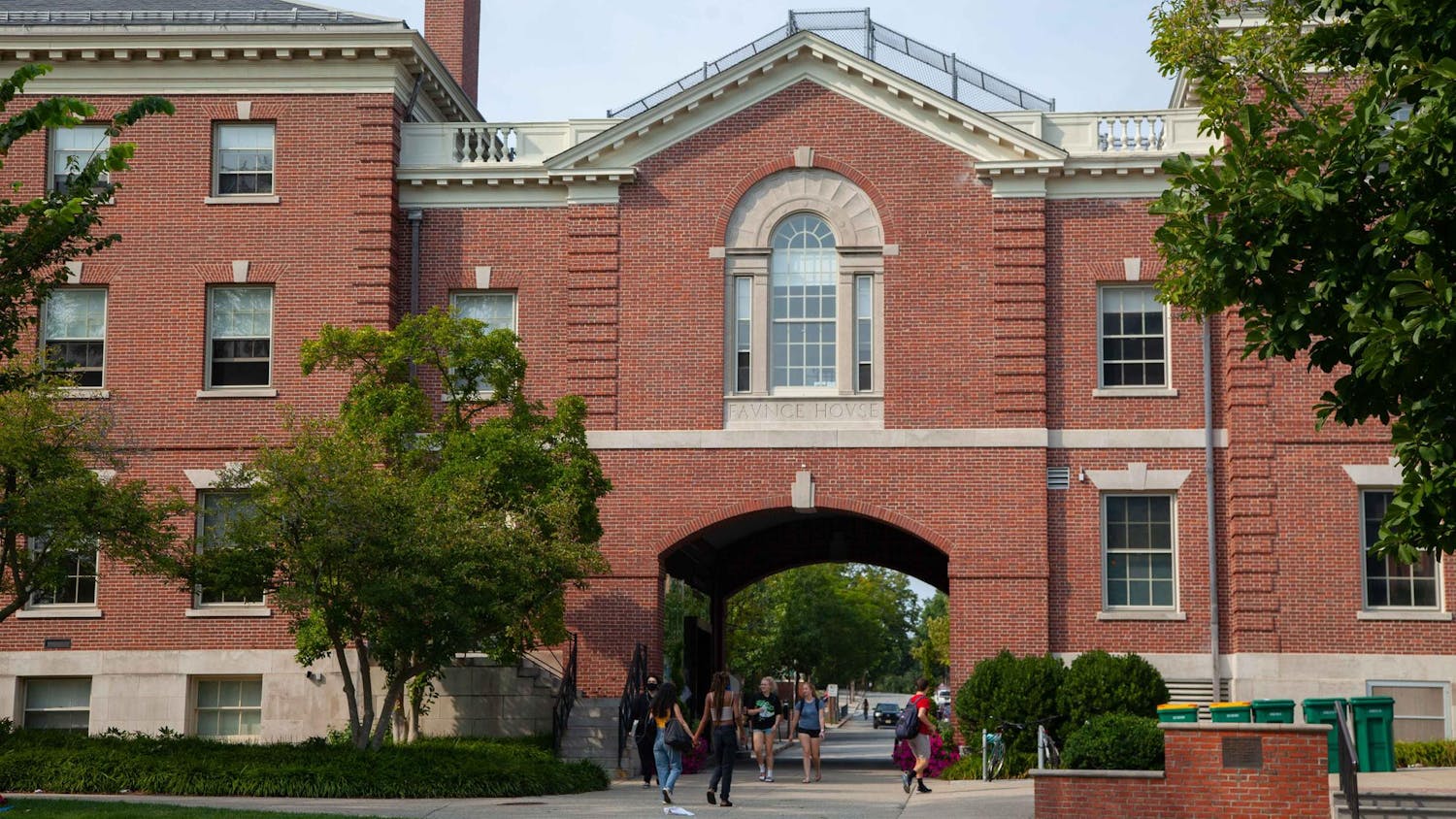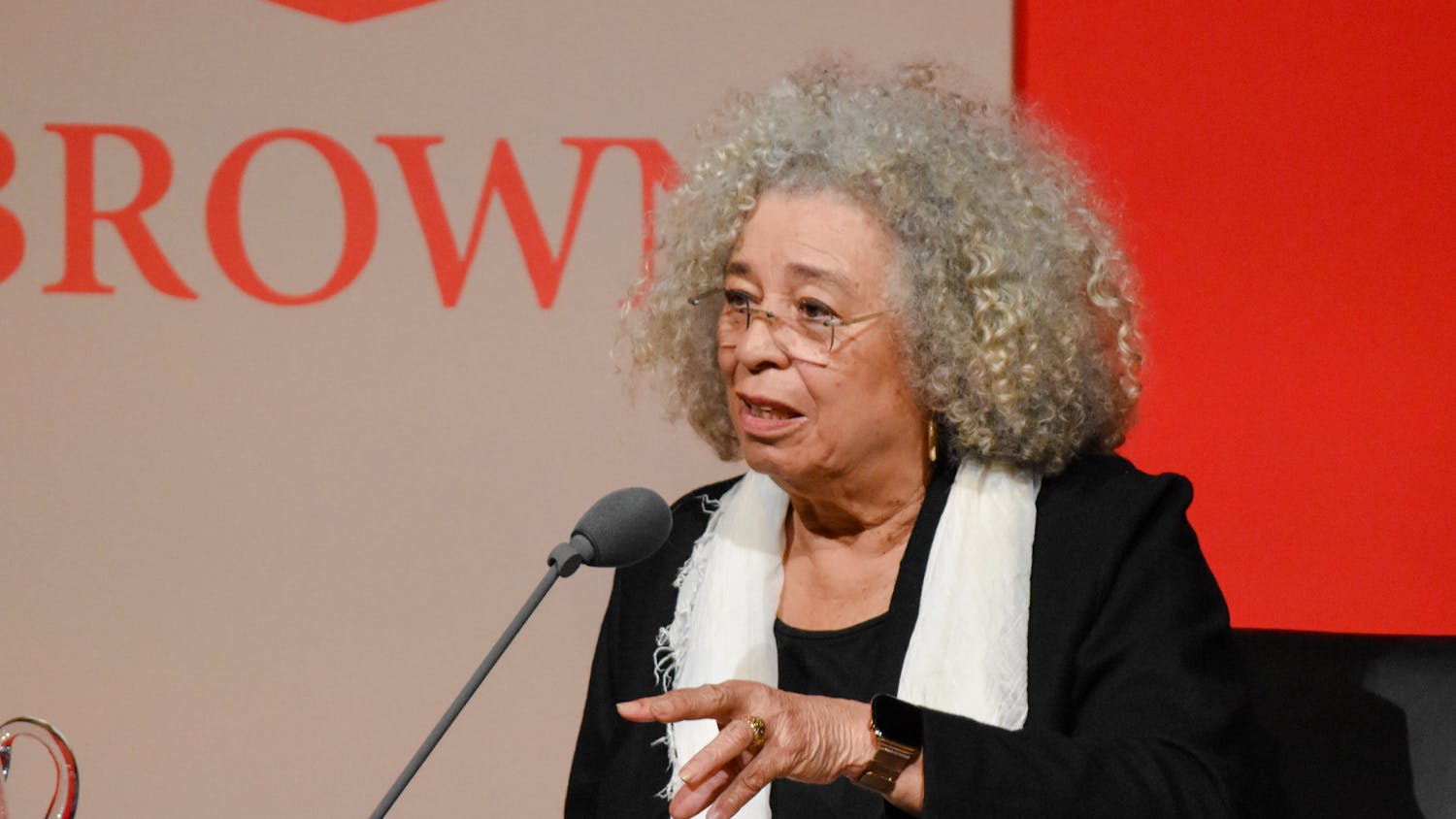A national search is underway for an additional health careers adviser, said Dean of the College Maud Mandel.
The University currently does not employ an adviser solely for students interested in health careers — George Vassilev, assistant dean of the College and director of pre-professional advising, serves both pre-health and pre-law students, though the bulk of his advising focuses on students considering careers in health care.
Adding an adviser will bolster support for pre-professional advising as well as make up for the departure of Andrew Simmons, former director of the Center for Careers and Life After Brown, Mandel said.
Prior to becoming director of CareerLAB, Simmons held the position of associate dean of the College for health and law careers. He withdrew from health careers advising last January and left the University at the end of the summer, Vassilev said, leaving Vassilev as the only pre-health adviser.
Brown provides pre-professional advising in three areas: pre-health, pre-law and pre-business. The fields “have very specified application processes that require a particular knowledge base for advising and guidance,” Mandel said.
At any given time, students and alums interested in health careers number between 600 and 800, both Mandel and Vassilev said.
Vassilev is heading the search committee, which has included students, faculty and administrators in the outreach process, and has been meeting throughout the semester, he said. “We want to … continue providing that outstanding guidance and support to our students and alumni” despite Simmons’ departure, Vassilev said.
Vassilev and Mandel said they are not sure when the search will conclude, but Mandel said the committee is “nearing the end” of its process.
Pre-professional advising services are offered jointly by the dean of the College’s office and CareerLAB, in order to “integrate the academic advising with the career planning aspects of what we do,” Vassilev said. The second health careers adviser would likely be stationed in CareerLAB in order to “continue that integration … (and) enable us to enhance it further,” he added.
“We want the person to have a strong background in the academy and background in advising as well, but I think a key part of the program this would be directed to is first-year and sophomore advising in the pre-med sections,” Mandel said, adding that first-year and sophomore students have different advising needs than juniors and seniors who are already entrenched in the medical school application process. “We want the first-year and sophomore students to feel like they have somebody who is dedicated to their needs.”
Since his arrival at Brown in 2010, Vassilev said he has worked to bolster “the programmatic aspect” of pre-professional advising, particularly for health careers advising. Group advising, workshops, seminars and information sessions function as a “quasi-curriculum,” he said.
Each year, the University offers 30 to 40 programs for pre-health students, 13 to 15 for pre-law students and around 12 for pre-business students, Vassilev said.
The second health careers adviser would “focus on enabling us to ensure that the program we put together continues to be a national leader in health careers advising,” Vassilev said.
An additional adviser would “help us navigate the resources we have,” said Tien Hua ’17, a pre-medical student. She noted that the number of pre-med students seeking guidance can make it difficult to schedule advising meetings.
“Caring about the students, about what we’re actually doing with our lives” is a key quality in a health careers adviser, said Tom Kishkovich ’15. Because health careers advisers are not “too involved with us day-to-day, as a professor might be,” it might be difficult for them to get to know their advisees, he added.
The term pre-health encompasses a range of healthcare professions — including students interested in attending dental or veterinary school — so it is important that the second adviser understands “the breadth of the healthcare professions,” Mandel said.
Brandon Dale ’17, a pre-med student, said he would appreciate having a health careers adviser who has had experience working in medicine. He added that an ideal adviser would be “willing to get to know people … (and) to share their previous experiences and encourage students in whatever their endeavors and interests.”

ADVERTISEMENT




